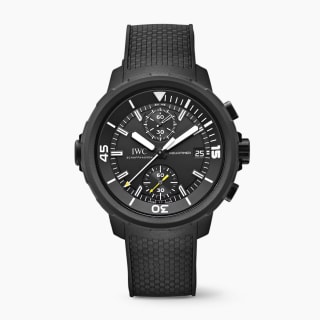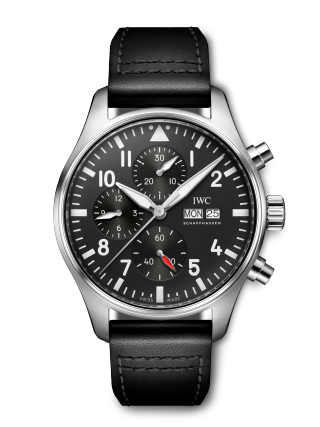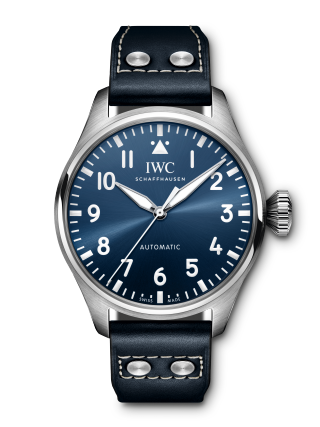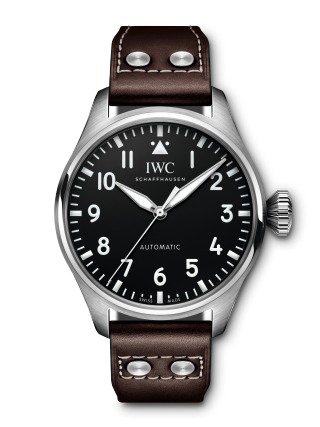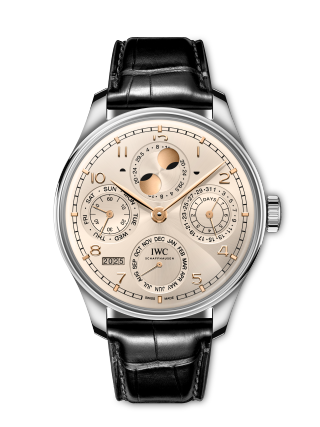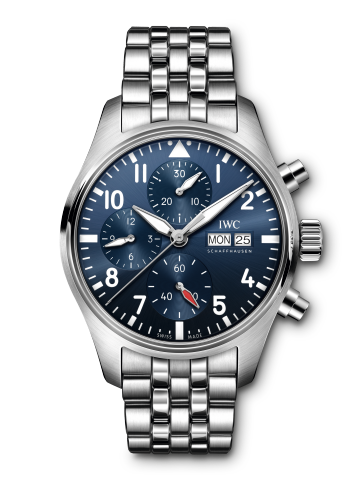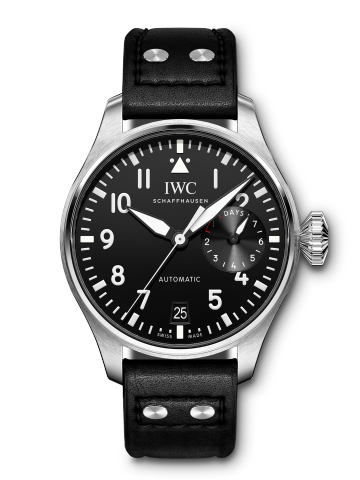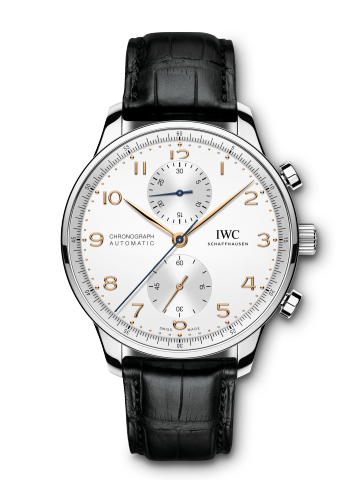SHIPPING & DELIVERY
We offer three methods of delivery:
Standard: 5-7 business days* Express: 2 business days* Urgent: next business day**
Orders purchases online or by phone can be returned within 30 days free of charge.
FIND A BOUTIQUE
Would you like to visit us? Find the IWC boutique or service centre that is closest to your location.
EXTENDED WARRANTY
Register to become a member of my IWC and benefit from a 6-year extension to the standard 2-year international limited warranty.




